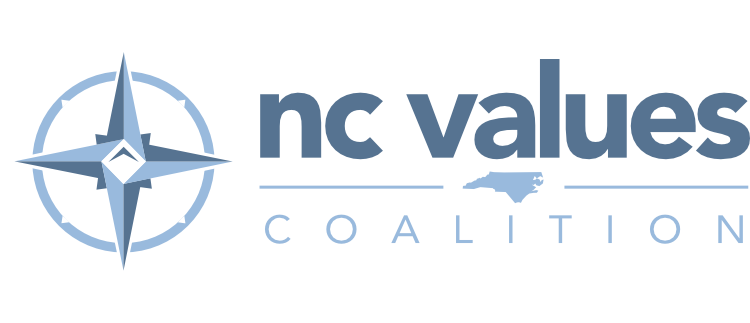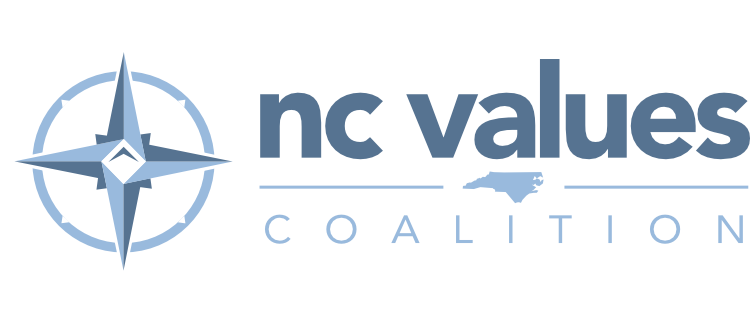On April 10th, the Carolina Journal published the following op-ed by Ashley Vaughan, NC Values Press Director, entitled “NC should restore parental authority over medical decisions”:
In August 2021, a Yancey County woman became the legal guardian for her teenage niece when her sister unexpectedly died. The niece had some pre-existing mental-health problems that were complicated by her mother’s death. But overseeing her niece’s health care quickly became a problem because North Carolina law allows minors — without knowledge of parents and guardians — to consent for certain conditions.
The aunt was denied access to medical records, including drug-test results, and the niece consented to a birth-control implant on her own. In an email to NC Values Coalition, the aunt wrote, “The hospital refused to take care of her ingrown toenails because of the liability issues, but they had no problem putting in the birth control implant.” The aunt felt powerless to protect and care for her sister’s child in the way in which she felt best.
Under current state law, children have the right to consent for prevention, diagnosis, and treatment of sexually transmitted diseases, substance abuse, and emotional disturbance. Because of this, parents are left out of important medical decisions that may have life-changing ramifications, and the burden of managing those conditions is being left to children alone. Furthermore, parents are being excluded from deeply personal and value-laden situations that they have a right to speak into as the ones responsible for the upbringing of the child. First enacted in 1971 to address increasing rates of STDs, North Carolina’s minor consent law is now the most liberal in the country. “Emotional disturbance” is not defined in state law.
To make matters worse, due to a federal privacy law (HIPPA), a parent cannot even access the medical records for these treatments because the person who gives consent is the person who owns the records. And many hospital systems have policies in place to restrict parental access to all medical records starting at age 12 when issues related to sex and substance abuse begin to come up. This means that even though the parents are responsible for paying for the insurance and medical bills, they have no say in the care or access to detailed information about the care given.
Child advocacy groups and the North Carolina Medical Society have opposed efforts to repeal this statute. Children and their doctors, according to them, know best; and they, not parents, should guide the child in these areas. Recently, Liz Barber from the ACLU of North Carolina said that minor consent is important because some teenagers don’t want their parents to know they are sexually active, and restoring parental consent will prevent children from engaging in sexual activity safely and responsibly.
But the facts tell a different story. Despite the fact that North Carolina has allowed minor consent for STD treatment for decades, our state has the seventh highest rate of STDs in the country. If this law was going to help reduce STD transmission, it would have already worked by now.
In truth, parental involvement is known to be a critical factor improving outcomes for children with any kind of health problem. Children lack the maturity and decision-making capacity to manage medical problems and follow through with treatment regimens on their own, and failing to treat STDs properly can have serious consequences. For example, a key factor that determines the effectiveness of HIV treatment is medication adherence. Taking medications daily, as prescribed, prevents the development of HIV resistance and associated infections. Children with HIV can only live long and fulfilled lives if they take their medications as directed, and this is too great a responsibility to put on a child’s shoulders alone.
Mental-health problems are even more complicated to treat than physical-health problems, because they involve the interplay between the physical aspect of a person and the deeper cognitive, emotional, and spiritual aspects of a person. Mental-health medications can be helpful for children with certain conditions and in certain situations, but they come with serious risks and side effects. Children taking these medications need to be monitored closely for adverse effects, and the dosages need to be titrated for effectiveness. Children cannot do that for themselves.
Leaving parents out of deeply personal topics including sex, mental health, and substance abuse also robs them of the opportunity to educate and support their children according to their family values. Parents need to be the ones speaking into their children’s lives on issues related to morality. When medical providers have a private relationship with children, they inevitably face ethical dilemmas, such as how to involve the family when health problems become complex or life-disrupting, and how best to instruct the child without disrupting the moral framework of the family.
Recently, the NC Supreme Court reaffirmed in the case of Happel v. Guilford County Board of Education that parents’ rights are a fundamental constitutional right. Chief Justice Paul Newby wrote in the majority opinion that parents have the right to direct the upbringing of their own children — including giving consent to and making medical decisions for their children. This means that if the General Assembly doesn’t repeal the old statute that takes away parents’ rights to consent to medical treatment of their children, then a parent will inevitably file a lawsuit to have the statute declared unconstitutional.
As a nurse, I cared for some of the smallest and sickest babies in our state, including micro-preemies born as early as 22 weeks. In that role, I quickly came to understand that while I had the clinical competence to meet their medical needs, the people those tiny babies needed the most was their parents.
From the beginning, the parent-child bond is irreplaceable and necessary for the nurturing and development of the child. When children are able to consent and medical decisions are kept private between the child and the health-care team, parents are sidelined when their children need them the most. Restoring parental rights in medicine is critical for the health of our children, the strength of the family, and the survival of this nation.
Ashley Vaughan is the press and political director for NC Values.











